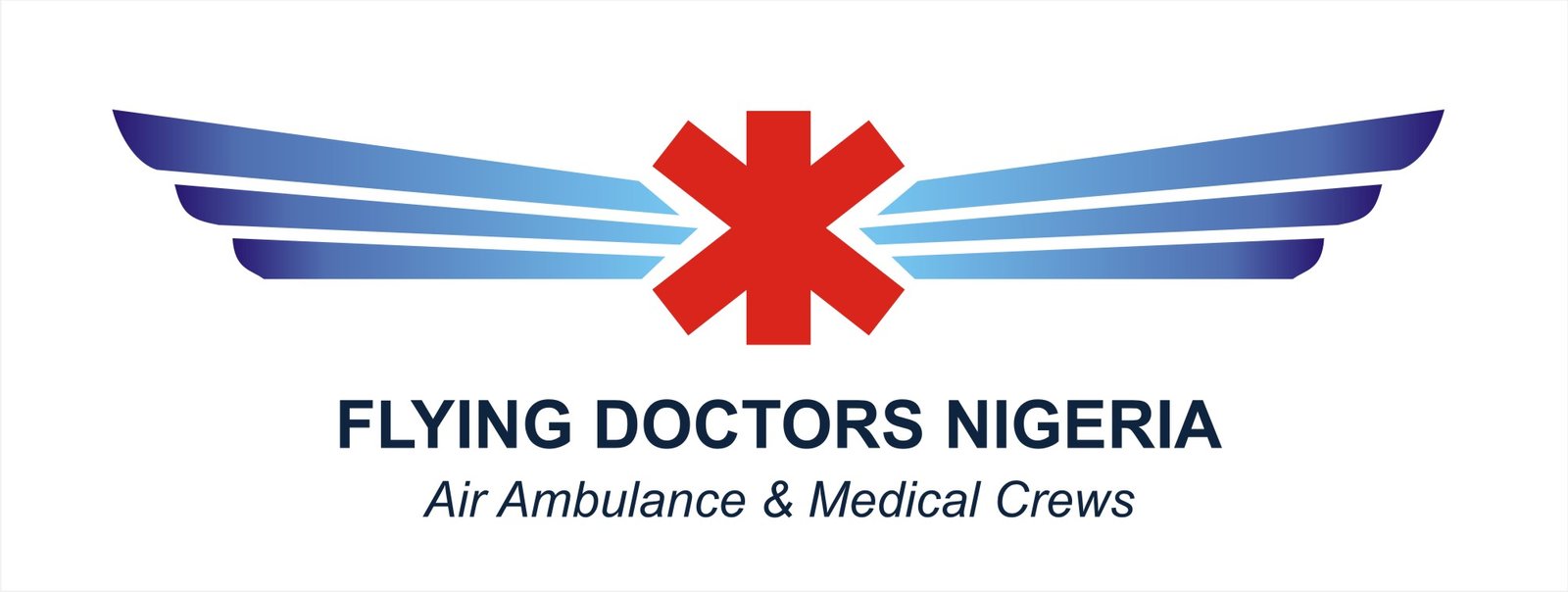
Introduction
Yobe Story
In the last six days, 160 cases of cholera have been reported in Gashua, Yobe State. Of these, 13 people have been reported dead. Sabon Gari, Katuzu, Zango, Lawan Musa and Sarkin Hausawa, which were among the areas worst affected by the outbreak.
Meanwhile, the State Government has dispatched a Rapid Response Team to contain the outbreak and spread of the disease. The response team has embarked on chlorinating water reservoirs and disinfecting toilet facilities in the area.
Cases are been treated at the Gashua General Hospital.
Bauchi Story
Meanwhile, there was an outbreak in Bauchi in February as well that saw 243 people admitted to a 70-bed cholera treatment centre the group set up at Abubakar Tafawa Balewa Teaching Hospital since February 19 in response to the outbreak. About 183 of these have been treated and discharged from the centre while three died from cholera.
Zambia Story
Zambia witnessed a cholera outbreak that killed more than 80 people in seven months, just last year and had to deploy military personnel in December to help clean up the capital and other cities at the height of the outbreak. The military were to help fight the spread of cholera under emergency measures to contain the waterborne disease, including the closure of markets and schools. All these were to curb the spread of the disease.
Only in January, were the rules relaxed rules allowing schools and markets to reopen as the number of new cases being reported had reduce to half of what was previously being reported.
What Is Cholera?
- Cholera is an acute diarrhoeal disease that can kill within hours if left untreated.
- Researchers have estimated that each year there are 1.3 million to 4.0 million cases of cholera, and 21 000 to 143 000 deaths worldwide due to cholera
- Cholera affects both children and adults.
- A global strategy on cholera control with a target to reduce cholera deaths by 90% was launched in 2017.
Causes
- Cholera is an acute diarrhoeal infection caused by ingestion of food or water contaminated with the bacterium Vibrio cholerae.
- Cholera is spread by ingesting faecal matter and causes acute watery diarrhoea.
- Shallow boreholes, which are prone to contamination.
Prevention
- Provision of safe and clean water
- Proper sanitation
- Safe oral cholera vaccines
- Improvements in water and sanitation to control cholera outbreaks and for prevention in areas known to be high risk for cholera.
Symptoms
- It takes between 12 hours and 5 days for a person to show symptoms after ingesting contaminated food or water
- Most people infected with choleraedo not develop any symptoms, although the bacteria are present in their faeces for 1-10 days after infection and are shed back into the environment, potentially infecting other people.
- Among people who develop symptoms, the majority have mild or moderate symptoms, while a minority develops acute watery diarrhoea with severe dehydration. This can lead to death if left untreated.
- Dehydration arises very quickly and can cause death if not treated immediately
Treatment
- Most of those infected will have no or mild symptoms, and can be successfully treated with oral rehydration solution.
- Severe cases will need rapid treatment with intravenous fluids and antibiotics
- Most patients can be treated orally and only in cases of severe dehydration fluid administration is done intravenously.
- Time is critical for reducing cholera transmission. It is therefore very important for people with symptoms of cholera to seek treatment immediately.
- Patients can be stabilized and treated in a cholera treatment centre where strict hygiene measures prevent the disease from spreading.
About Us
The Flying Doctors Nigeria is a member of the British Safety Council that specializes in providing medical solutions such as air ambulance and medical evacuation, ground ambulance procurement and leasing, remote medical services such a medical staffing, online company clinic set-up, site clinic management, occupational health, medical evacuation insurance and other health consultancy services for the oil & gas industry as well as other corporate, military and non-governmental organizations.
For information about how we can support your organization please:
Visit our website: www.flyingdoctorsnigeria.com or email us at: sales@flyingdoctorsnigeria.com, management@flyingdoctorsnigeria.com, doctors@flyingdoctorsnigeria.com
Call us on: 0700 FLYINGDRS/ 0700 3594 64377
Source: WHO Factsheet

